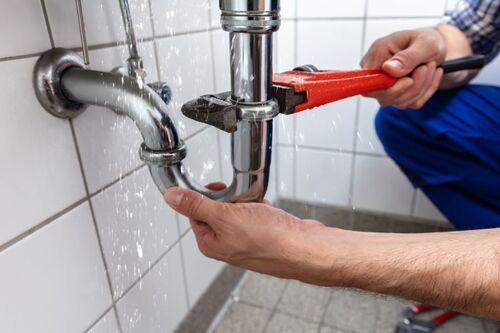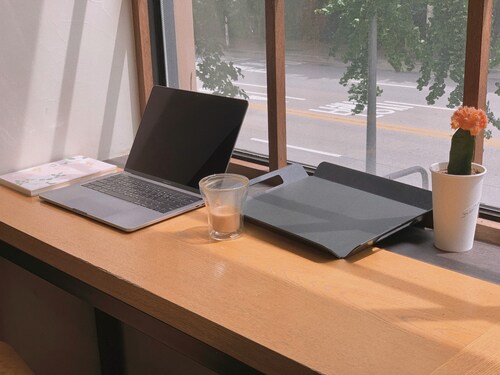Blocked drains represent a common issue faced by many households and businesses alike. This problem causes inconvenience and poses health risks and potential damage to property. Addressing this complex challenge requires a comprehensive understanding of the causes, preventive measures, and long-term solutions. This article delves into practical strategies to prevent blocked drains, ensuring a smooth and efficient drainage system.
Understanding the Causes of Clogged Drains
Clogged drains can occur for various reasons. One primary cause is the accumulation of foreign materials such as hair, grease, and food particles. These foreign substances stick to the inner walls of pipes, gradually leading to a blockage. Another contributing factor is the intrusion of tree roots into pipes, seeking moisture. Over time, these roots can cause significant blockages and damage. Additionally, improper disposal of sanitary products, wipes, and other non-biodegradable items can quickly clog drains.
Regular Maintenance and Cleaning
Regular maintenance is crucial to prevent blockages. Homeowners and businesses should schedule routine drain cleaning to remove any debris buildup before it leads to a blockage. Simple practices like using sink strainers to catch hair and food particles can significantly reduce the risk. Moreover, regular flushing of drains with hot water can help dissolve any accumulated grease or soap scum.
Proper Waste Disposal Practices
Proper waste disposal plays a vital role in maintaining clear drains. It is essential to avoid pouring grease, oils, and fats down the sink, as these substances solidify inside the pipes, causing blockages. Instead, these should be disposed of in the trash. Similarly, only human waste and toilet paper should be flushed down toilets. Products such as wipes, sanitary items, and cotton buds should be properly disposed of in waste bins.
The Role of Professional Drain Cleaning Services
For more severe blockages or as a preventative measure, it is advisable to enlist the help of professional drain cleaning services. These experts have the tools and knowledge to thoroughly clean and clear drains without damaging the piping system. Hydrojetting, which uses high-pressure water to remove blockages, is particularly effective. Regular cleaning by professionals can prevent the accumulation of debris that leads to blockages.
Installing Drain Guards and Filters
Drain guards and filters can be a simple yet effective solution to prevent debris from entering the drainage system. These effective devices are designed to catch hair, food particles, and other foreign materials, making it easier to dispose of them properly. Installing these in kitchen sinks, bathrooms, and showers can significantly reduce the risk of blocked drainage.
Educating Household Members and Staff
Education and awareness are key to preventing blocked drainage. Household members and staff should be made aware of what can and cannot be disposed of through the drainage system. Providing clear guidelines and placing reminders near sinks and toilets can help reinforce proper disposal practices. This collective effort can significantly reduce the likelihood of blocked drains.
The Importance of Quick Action
Taking immediate action at the first sign of a slow-draining sink or toilet is crucial. Early intervention helps prevent a minor issue from becoming a major blockage. Simple home remedies, such as using a plunger or a mixture of baking soda and vinegar, can often resolve minor blockages. However, if these methods do not work, it is essential to seek professional assistance promptly.
In conclusion, blocked drains are a nuisance that can lead to more significant issues if not addressed promptly and effectively. By understanding the causes of blockage and implementing preventive measures, households and businesses can maintain clear and efficient drainage systems. Regular maintenance, proper waste disposal, and the use of professional services when necessary can banish clogged drains for good. Educating those who use the drainage system and taking quick action at the first sign of a problem are also crucial steps. With these strategies, the inconvenience and health risks associated with blocked drainage can become a thing of the past.



